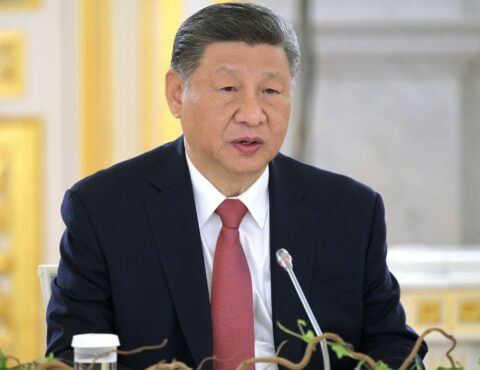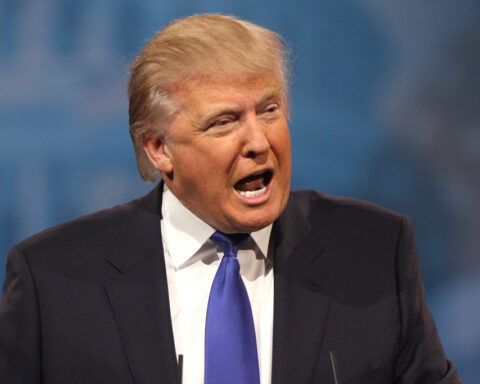President Donald Trump has now reportedly announced a sweeping increase in tariffs on imported steel and aluminum, doubling existing rates to 50 percent.
The move, framed as both an economic and national security measure, is aimed at reviving the domestic metals industry and pressuring foreign producers to negotiate new trade terms.
The new tariffs took effect on June 4 and come as a self-imposed deadline expired for U.S. trading partners to propose trade adjustments.
While some allies, including the United Kingdom, secured temporary exemptions pending further negotiations, the response from other countries has been sharp, with leaders in Canada, Mexico, and Europe signaling possible retaliation.
Trump has argued that an influx of low-priced foreign metals has long threatened the viability of American steel and aluminum producers, which he views as essential to the nation’s economic infrastructure and defense capabilities.
The administration says the increased tariffs will help stabilize domestic production and reduce reliance on overseas supply chains.
Industry reactions have been mixed. While some American steel and aluminum producers welcomed the move, others in manufacturing and agriculture raised concerns about rising costs.
Higher tariffs could affect the price of cars, appliances, and even canned goods, with businesses warning that those costs will ultimately be passed on to consumers.
Critics of the policy also worry about broader economic consequences, including a potential rise in inflation and the possibility of trade wars.
Some economists caution that increased tariffs risk isolating the United States in the global market and harming industries that rely on international supply chains.
Trump has dismissed those concerns, portraying the tariff hike as a necessary corrective to decades of what he considers unfair trade practices.
He pointed to recent developments such as a planned partnership between U.S. Steel and Japan’s Nippon Steel, projecting tens of thousands of new jobs in the American steel sector as evidence that the strategy is already working.
Talks with China have stalled, with the administration accusing Beijing of backtracking on prior trade commitments.
Tensions with the European Union have also escalated, as European leaders consider countermeasures to protect their own industries from what they view as punitive and protectionist U.S. policies.
As the new tariffs take hold, the administration remains confident that its hardline stance will strengthen domestic industry and bring foreign competitors to the negotiating table.
Still, the path forward remains uncertain, as both economic and diplomatic fallout continues to unfold in response to the latest salvo in U.S. trade policy.
[READ MORE: Left-Wing Candidate Wins Presidency in South Korea]









